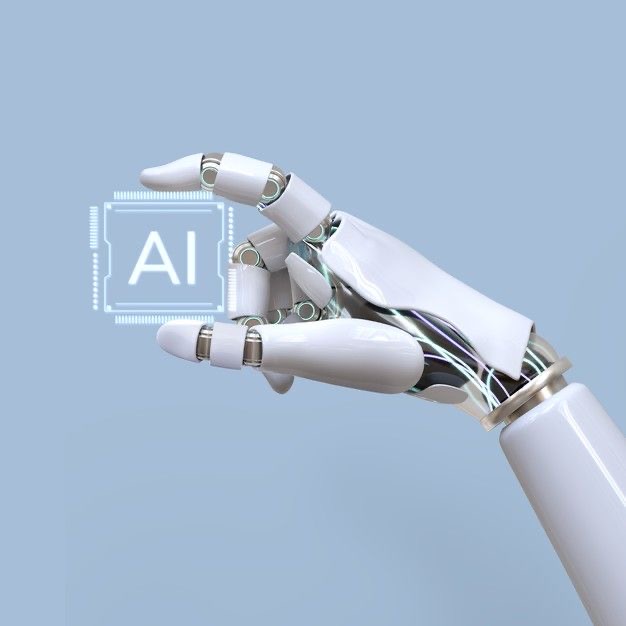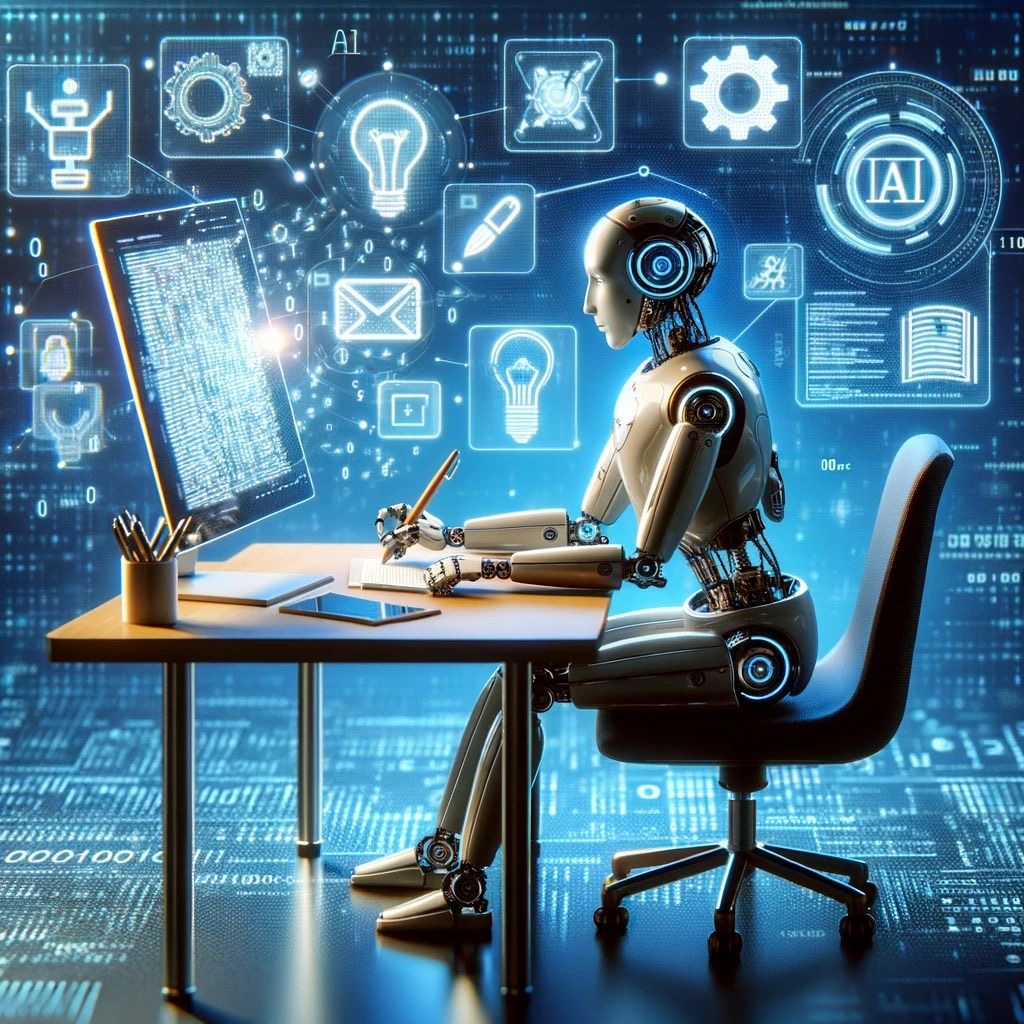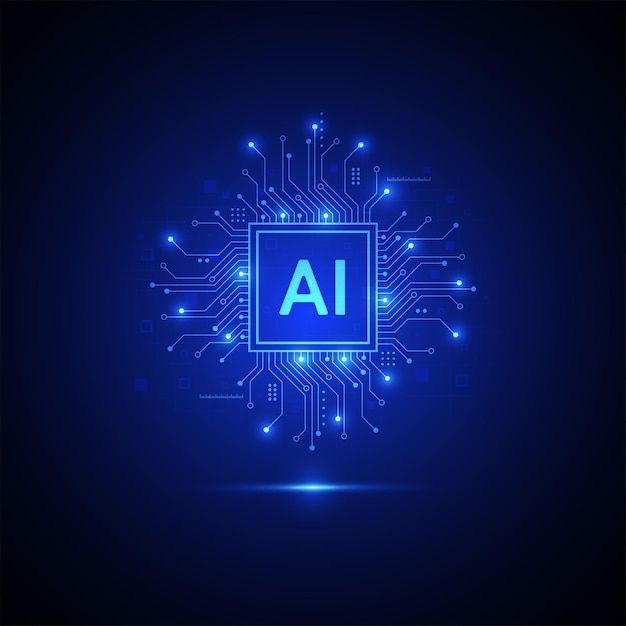AI market share significantly increased in 2024. Generative AI, which helps to create things like specific text, images, or code, has become a big deal for businesses. In just one year, companies significantly increased their spending on generative AI by 500%. The amount went from $2.3 billion in 2023 to a whopping $13.8 billion in 2024. This data was gathered from Menlo Ventures.
These results came from a survey of 600 enterprise IT decision-makers from companies with 50 or more employees, according to the report from Menlo Ventures. The report revealed that businesses across different industries are using AI more than ever. They use it to work faster, solve problems, and come up with new ideas.
The report also shows how the AI trends are changing in 2024, with companies now choosing different tools and models to fit their needs. It helps them get better results and stay ahead in their industries.
Explosive Growth in AI Spending
Spending on artificial intelligence (AI) has grown five times larger because many businesses are quickly adopting generative AI tools. Their aim is to work faster and come up with new ideas.

A big part of the money spent on AI, about $6.5 billion, went to large language models (LLMs). LLMs are advanced AI programs like ChatGPT. The percentage of the total spending on this AI program shows that companies trust AI to help them save time. It also shows their growing confidence in AI’s ability to handle repetitive tasks automatically and find new ways to make money.
Tim Tully, a partner at Menlo Ventures, made a statement about this rapid growth. He explained that the growth is happening because generative AI tools are improving and becoming easier for enterprises to use.
Competition among big AI companies is also pushing the development of different types of AI tools. This competitive development is giving businesses even more options to choose from.
ALSO READ: JPMorgan Chase Equips Employees With AI Assistant From ChatGPT Maker OpenAI
Shifts in AI Market Share Among AI Leaders
The competition between the companies that are offering AI tools for businesses is changing and boosting its Market share. There was a time when OpenAI used to be the most popular choice, but now it has a smaller market share. It dropped from 50% to 34%.

On the other hand, Anthropic has been growing quickly. Its share doubled from 12% to 24%. This growth is due to the improvements in its AI tool, Claude 3.5. It is also due to the way companies are now using a multi-model approach instead of sticking to just one.
Meta’s market share has stayed steady at 16%, while Google has grown its share from 7% to 12%; this is due to its new AI model, Gemini. Mistral, however, saw its market share shrink a bit. It dropped to 5%.
This competition between AI companies is leading to more innovation. More companies are working hard to create better tools. This benefits businesses, as they now have more options to pick the best AI models from a wide variety of sources that best fit their needs.
Adoption of Multiple AI Models
A new trend is becoming popular among businesses. They are using more than one artificial intelligence model at the same time. According to a report, most companies now rely on at least three different AI models to help with their tasks. By using multiple models, businesses can pick the one that works best for each specific job. This helps them get better results.

Tim Tully explained that developers are getting really good at switching between different AI models. They do this to find the one that works best for what they need. For example, Anthropic’s Claude 3.5 has become a favorite for some tasks, while OpenAI’s GPT models are still a top choice for others. This ability to mix and match different AI models, a multi-model strategy, is changing how businesses use AI.
Key Players and Trends in Foundation Models
Foundation models, like OpenAI’s ChatGPT, Google’s Gemini, and Anthropic’s Claude, are getting a lot of attention and money from businesses. These models are very useful tools that companies use to make tasks easier. For example, they help create content, answer customer questions, and analyze data to find useful patterns or trends.

The report mentioned earlier also highlighted a new trend for 2024. The trend is called AI agents. AI agents are more advanced than regular chatbots. While a chatbot might only answer questions or follow simple instructions, AI agents do much more. They can handle complicated tasks that involve many steps.
AI agents can even plan their own actions without needing someone to guide them through every detail. Big companies like Amazon, Google, Microsoft, and OpenAI are putting a lot of effort into developing new technology trends because they can make work faster and less stressful.
According to Tully AI agents might not solve every problem. However, they have the potential to make businesses run much smoother. They can also help enterprises make more money by working smarter, not harder.
ALSO READ: Warren Buffett Boosts Berkshire’s Cash Reserves to Record $277 Billion by Reducing Stock Holdings
Dominant Use Cases for Generative AI
Code generation has turned out to be one of the major reasons why enterprises use generative AI. More than half of the surveyed companies said they use AI for code generation. This makes it the most common way businesses use this technology.

The reason for this is because AI can help programmers write code faster. It also makes fewer mistakes, thereby saving more time and effort.
Other popular ways businesses are using generative AI include creating customer support chatbots, enterprise search and data retrieval, that is, finding and organizing information within a company. It also includes data extraction and transformation, as well as meeting summarization.
These examples show how flexible AI can be, as it helps solve a variety of problems across different industries. Also, it helps to improve how businesses interact with customers, manage data more effectively, and make daily operations run more smoothly.
Menlo Ventures’ report shows how generative AI is rapidly changing how businesses work. The more companies invest in this technology and explore new ways to use it; the more AI is expected to continue reshaping industries and creating exciting new opportunities.

